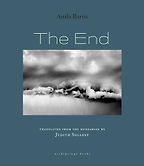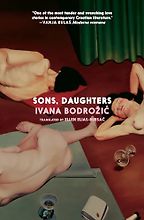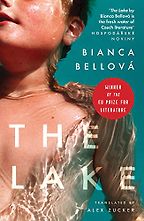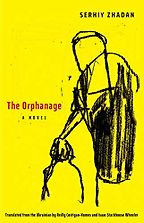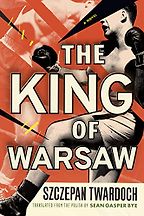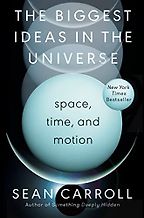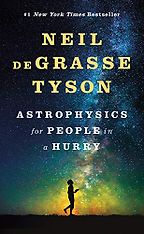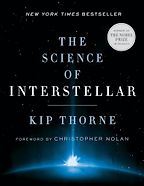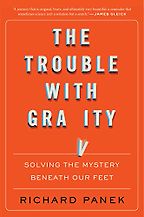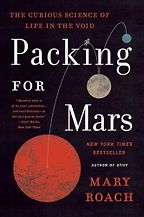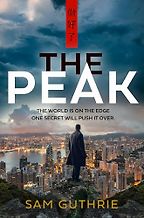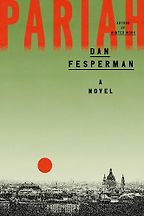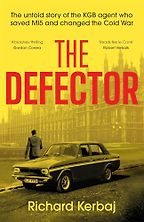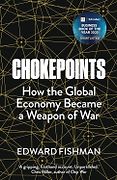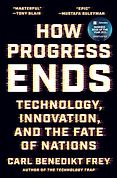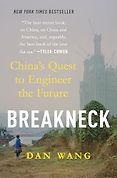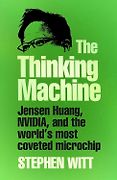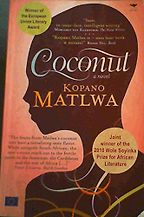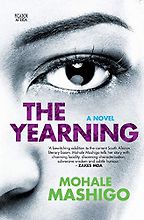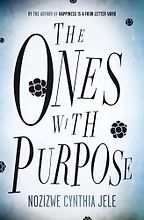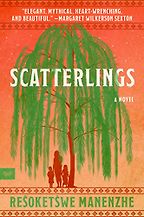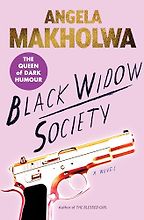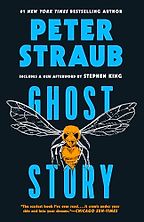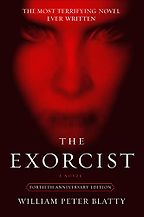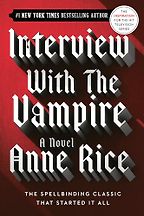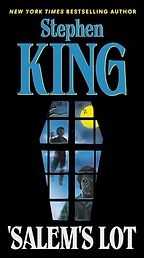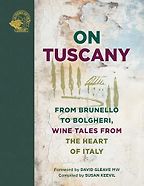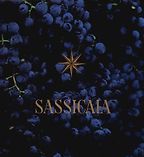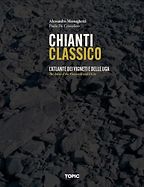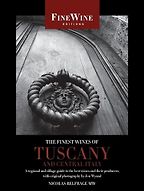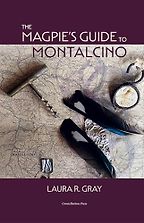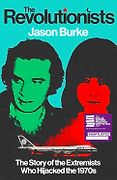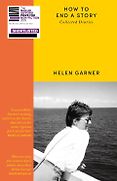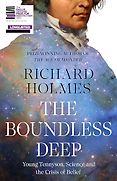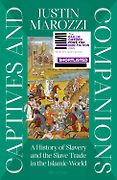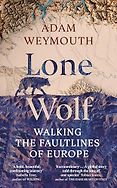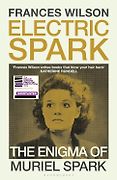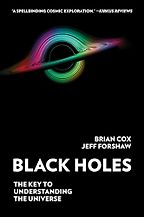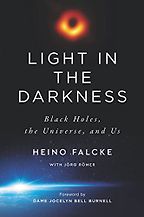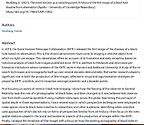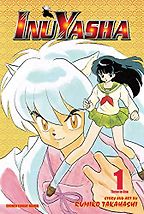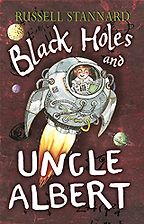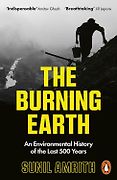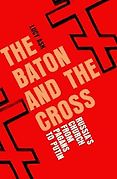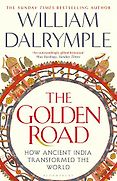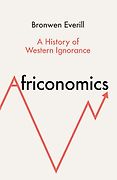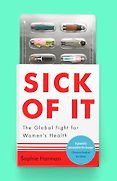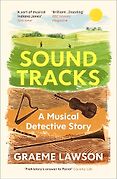Interviewer
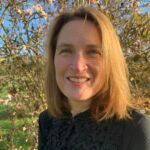
Sophie Roell, Editor
Sophie Roell is co-founder and editor of Five Books. Previously she worked as a journalist in London, Beijing, Shanghai and New York. As a financial reporter, she covered the early years of the Chinese stock markets and the transition of its economy after Deng Xiaoping’s 1992 tour of the south. She wrote about the North Korean economy from Pyongyang in 2001.
She studied modern history as an undergraduate at Oxford and, after travelling the world as a reporter for five years, took the Master’s in Regional Studies-East Asia at Harvard University. This wonderfully flexible program insists on at least one East Asian language and some courses on East Asia, but leaves plenty of room to roam about the university taking courses on random subjects. Five Books, set up in 2009, is an attempt to continue that experience.
Below, you’ll find Sophie’s Five Books interviews with experts. Her own recommendations, normally nonfiction, are here. She also reads a lot of mysteries.
Interviews by Sophie Roell
-

1
The End
by Attila Bartis & Judith Sollosy (translator) -

2
Sons, Daughters
by Ivana Bodrožić and Ellen Elias-Bursac (translator) -

3
The Lake
by Bianca Bellová and Alex Zucker (translator) -

4
The Orphanage: A Novel
by Serhiy Zhadan -

5
The King of Warsaw
by Szczepan Twardoch and Sean Gasper Bye (translator)
The Best Central and East European Novels, recommended by Maya Jaggi
The Best Central and East European Novels, recommended by Maya Jaggi
The European Bank for Reconstruction and Development (EBRD) was set up after the fall of the Soviet Union to support countries in transition. The EBRD Literature Prize has been running since 2018 and can be won by any novel, translated into English, written by a living author from a country where the Bank invests. Literary critic Maya Jaggi, chair of the prize’s independent judging panel, talks us through the novels that won between 2021 and 2025, a wonderful introduction to some excellent contemporary novels from Central and Eastern Europe.
The best books on Gravity, recommended by James Riordon
Since the 17th century, we’ve been aware that the force that causes apples to fall from a tree is the same force that holds the planets in the sky, but we still don’t know everything there is to know about gravity, says James Riordon, a science writer at NASA and author of Crush: Close Encounters with Gravity. He picks his favourite books on gravity—from the equations you need to understand it to a funny book about what it’s like to live without it.
The Best Spy Books of 2025, recommended by Shane Whaley
2025 was another bumper year for spy novels, says Shane Whaley, host of Spybrary—the go-to podcast for lovers of spy books and movies. He talks us through his five favourite standalone books published this year, from a realistic novel about a duel between Mossad and Iran’s security apparatus, to a nonfiction book about a Cold War defector that reads like a thriller.
-

1
House of Huawei: The Secret History of China's Most Powerful Company
by Eva Dou -

2
Chokepoints: American Power in the Age of Economic Warfare
by Edward Fishman -

3
How Progress Ends: Technology, Innovation, and the Fate of Nations
by Carl Benedikt Frey -

4
Abundance: How We Build a Better Future
by Ezra Klein and Derek Thompson -

5
Breakneck: China's Quest to Engineer the Future
by Dan Wang -

6
The Thinking Machine: Jensen Huang, Nvidia, and the World’s Most Coveted Microchip
by Stephen Witt
The Best Business Books of 2025: the Financial Times Business Book of the Year Award, recommended by Andrew Hill
The Best Business Books of 2025: the Financial Times Business Book of the Year Award, recommended by Andrew Hill
It’s been another big year for technology and AI, but books on geopolitics and global political rivalries are front and centre on the shortlist of the 2025 Financial Times Business Book of the Year Award. FT journalist Andrew Hill, the prize’s organizer, talks us through the six books that made the cut—from the enigmatic founders of multi-billion- and trillion-dollar businesses to the challenges governments face in achieving growth and prosperity.
The Best South African Novels, recommended by Andile Cele
Apartheid ended more than three decades ago, but the trauma of the past continues to haunt South Africa, including in its novels. Andile Cele, author of Braids & Migraines, recommends five of her favourites, from a prize-winning literary work to a darkly humorous crime novel that shines a light on violence against women.
The Best 20th-Century American Horror Books, recommended by V. Castro
Horror is entertaining, but also a great way of shining a light on painful subjects people don’t want to talk about, says Mexican American horror writer V. Castro. As American horror has opened up to a much greater diversity of writers, she talks us through some of the classics—books that continue to inspire and form the bedrock of the genre.
-

1
On Tuscany: From Brunello to Bolgheri, Wine Tales from the Heart of Italy
compiled by Susan Keevil -

2
Sassicaia : The Original Super Tuscan
by Marco Fini -

3
Chianti Classico: The Atlas
by Alessandro Masnaghetti & Paolo De Cristofaro -

4
The Finest Wines of Tuscany and Central Italy: A Regional and Village Guide to the Best Wines and Their Producers
by Nicholas Belfrage -

5
The Magpie's Guide to Montalcino
by Laura Gray
The best books on Tuscan Wine, recommended by Gabriele Gorelli
The best books on Tuscan Wine, recommended by Gabriele Gorelli
It was Cosimo di Medici who, 300 years ago, decided that Chianti should be a wine from a specific region. Today, Tuscany produces some of Italy's finest wines, including some of the best Sangiovese and the pioneering 'Super Tuscan' wines. Gabriele Gorelli, Italy's first Master of Wine, recommends a selection of books on the wines of Tuscany—from detailed map books for wine geeks to a witty and informative guide to Montalcino, the home of Brunello.
-

1
The Revolutionists: The Story of the Extremists Who Hijacked the 1970s
by Jason Burke -

2
How to End a Story: Collected Diaries
by Helen Garner -

3
The Boundless Deep: Young Tennyson, Science and the Crisis of Belief
by Richard Holmes -

4
Captives and Companions: A History of Slavery and the Slave Trade in the Islamic World
by Justin Marozzi -

5
Lone Wolf: Walking the Faultlines of Europe
by Adam Weymouth -

6
Electric Spark: The Enigma of Muriel Spark
by Frances Wilson
The Best Nonfiction Books of 2025: The Baillie Gifford Prize Shortlist, recommended by Robbie Millen
The Best Nonfiction Books of 2025: The Baillie Gifford Prize Shortlist, recommended by Robbie Millen
From the terrorists who came up with the idea of hijacking planes to get attention to a biography of the Scottish novelist Muriel Spark, the books in the running for this year’s Baillie Gifford Prize, as always, display a wonderful breadth. Robbie Millen, literary editor of the Times and chair of the 2025 judging panel, talks us through the shortlist of the UK’s most prestigious nonfiction book prize.
-

1
Black Holes: The Key to Understanding the Universe
by Brian Cox & Jeff Forshaw -

2
Light in the Darkness: Black Holes, the Universe, and Us
by Heino Falcke -

3
The Event Horizon as a Vanishing Point: a History of the First Image of a Black Hole Shadow from Observation
by Emilie Skulberg -

4
Inuyasha
by Rumiko Takahashi -

5
Black Holes and Uncle Albert
by Russell Stannard
The best books on Black Holes, recommended by Lynn Gamwell
The best books on Black Holes, recommended by Lynn Gamwell
In the past five years, over 30 books have been published on black holes for a popular audience—testimony to our enduring fascination with these areas of spacetime from which nothing, not even light, can escape. Lynn Gamwell, author of Conjuring the Void—a beautiful book that looks at both scientific and artistic images of black holes—talks us through five of her favourites, including a PhD thesis that has not yet been published as a book.
-

1
The Burning Earth: An Environmental History of the Last 500 Years
by Sunil Amrith -

2
The Baton and the Cross: Russia's Church from Pagans to Putin
by Lucy Ash -

3
The Golden Road
by William Dalrymple -

4
Africonomics: A History of Western Ignorance
by Bronwen Everill -

5
Sick of It: The Global Fight for Women's Health
by Sophie Harman -

6
Sound Tracks: A Musical Detective Story
by Graeme Lawson
The Best Nonfiction Books: The 2025 British Academy Book Prize, recommended by Rebecca Earle
The Best Nonfiction Books: The 2025 British Academy Book Prize, recommended by Rebecca Earle
To be shortlisted for the annual British Academy Book Prize, books have to be both rigorously researched and highly readable. Historian Rebecca Earle, chair of the 2025 judging panel, talks us through the books that made this year’s shortlist, from an environmental history that opens with Genghis Khan and the Mongol expansion to a ‘musical detective story’ that investigates the sounds made by our ancestors down the millennia.
